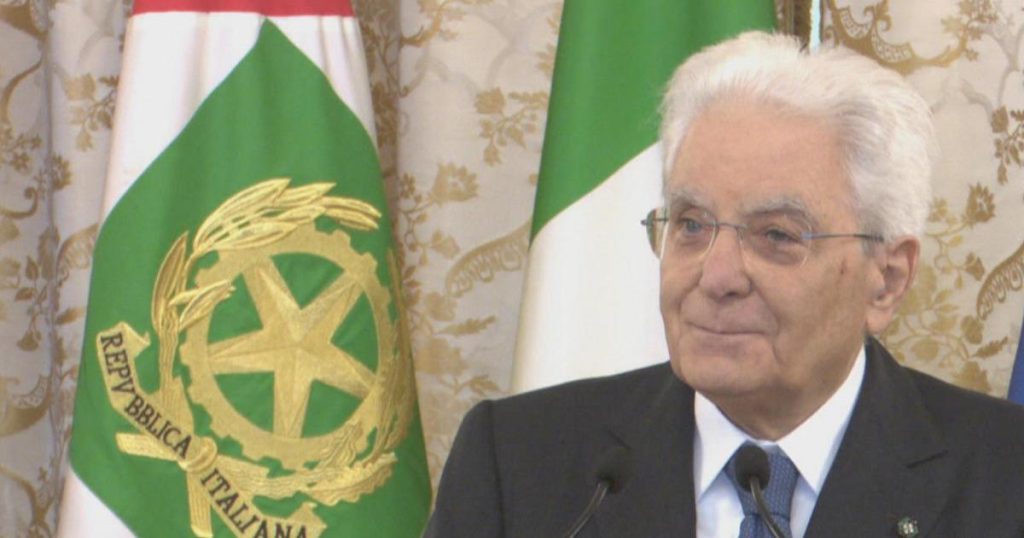The President of the Republic addressed a meeting with representatives of the national academies of sciences from G7 countries at the Quirinal Palace. The topics discussed included the science of cultural heritage, agriculture, and nuclear weapons. This gathering provided a platform for important discussions on scientific research and innovation in various fields of study.
The meeting highlighted the significance of scientific research in preserving cultural heritage. The science of cultural heritage plays a crucial role in conserving and protecting historical artifacts, monuments, and artworks. Through advancements in technology and research, scientists can develop new techniques for restoration and preservation, ensuring that these cultural treasures are safeguarded for future generations to appreciate and learn from.
Agriculture was another key topic discussed during the meeting. The role of science in improving agricultural practices and sustainability is essential for addressing global food security challenges. Scientists and researchers from the G7 countries are working together to develop innovative solutions that enhance crop yields, reduce environmental impact, and promote sustainable farming practices to meet the growing demand for food worldwide.
The issue of nuclear weapons was also addressed at the meeting. The threat of nuclear weapons poses a significant global security risk, and scientific collaboration among G7 countries is crucial for advancing non-proliferation efforts and disarmament. Scientists are working to develop technologies and strategies to prevent the spread of nuclear weapons and reduce the risk of nuclear conflict, promoting peace and stability on a global scale.
The meeting at the Quirinal Palace underscored the importance of international cooperation in scientific research and innovation. By sharing knowledge, resources, and expertise, G7 countries can collaborate on pressing global challenges such as climate change, public health emergencies, and cybersecurity threats. Through joint efforts in scientific research, these nations can work towards creating a more sustainable, peaceful, and prosperous world for all.
In conclusion, the meeting with representatives of the national academies of sciences from G7 countries at the Quirinal Palace provided a platform for discussing important scientific issues such as the science of cultural heritage, agriculture, and nuclear weapons. Through international cooperation and collaboration in scientific research, these nations can address global challenges and work towards creating a better future for all. By leveraging scientific advancements and innovation, G7 countries can make significant progress in preserving cultural heritage, improving agricultural practices, and promoting global security and stability.


